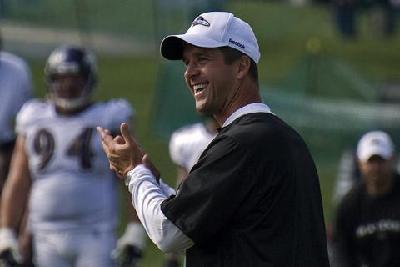
You've probably heard about sports coaches, fitness coaches, voice and music teachers, career counselors, psychiatrists and other specialists who teach skills and help us cope with daily life.
But there's a rapidly growing kind of professional who does a little bit of everything. She or he is called a "life coach." People who are at crossroads in their lives - and corporations that want to give certain employees a career boost - are turning to them for help.
The idea that one person's success story can change other people's lives for the better goes back at least to the 1930s and best-selling books with titles such as "Think and Grow Rich." Dale Carnegie's famous self-improvement program "How to Win Friends and Influence People" came along soon thereafter.
But this new breed of life coaches includes more than enthusiastic speakers or writers. They use their own experiences in business, sports, military service, or psychotherapy to help others make critical life decisions.
They often give their approach a slogan, such as "energy coaching" or "fearless living" or "working yourself happy."
Dave Lakhani in Boise, Idaho, for instance, works with salespeople to develop what he calls a "road map." He says an ongoing relationship with a coach is like having a personal fitness trainer for one's career and life outside work.
Lakhani's Bold Approach coaching firm also donates some of its time to help people who are anything but successful - including battered women and struggling single mothers.
One man in San Francisco told VOA he meets with his life coach once a week in person, and they talk by telephone twice weekly. "My life coach and I work on the future me," he said.
An association of life coaches has more than 5,000 members around the world. It has a code of ethics, and it credentials members in four levels - up to "master coach."
But others in the so-called "helping professions" are not thrilled about the life-coaching movement. They say that anyone, trained or untrained, can call himself or herself a life coach, and that slick promoters who mess with people's lives can do more harm than good.
psychotherapy: the treatment of mental and emotional disorders through the use of psychological techniques designed to encourage communication of conflicts and insight into problems 心理療法
How the great coach John Wooden defined success
My father's words 不在場(chǎng)的教誨
(來源:VOA 編輯:崔旭燕)
